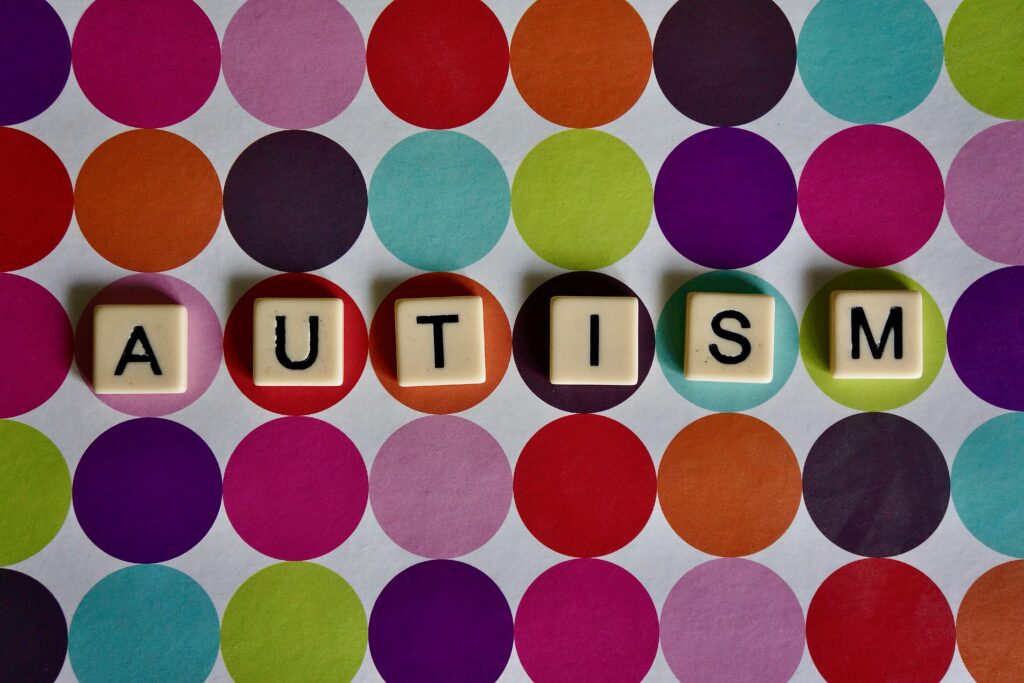Most people have heard of autism but many are unsure if an autistic child is considered disabled or not. As with so much on the subject it is not necessarily a yes or no answer.
The basics
Autism, also known as Autism Spectrum Disorder (ASD), is a developmental disorder that affects communication, social interaction, and behaviour. Children with autism may have difficulties with verbal and nonverbal communication, struggle to form social relationships, and exhibit repetitive behaviours and interests.
So is an autistic child disabled?
In many countries, individuals with autism are considered disabled under the law, which provides them with certain rights and protections. For example, in the United States, the Americans with Disabilities Act (ADA) and the Individuals with Disabilities Education Act (IDEA) protect the rights of individuals with disabilities, including those with autism.

Protection from discrimination
Under the ADA, individuals with autism are protected from discrimination in employment, housing, and access to public accommodations. The IDEA guarantees children with disabilities, including those with autism, the right to a free and appropriate public education in the least restrictive environment.
Additionally, many governments provide services and support (in the UK via DLA) to individuals with autism and their families, such as behavioural and speech therapy, special education programs, and vocational training.
These services and supports are designed to help individuals with autism reach their full potential and lead fulfilling lives.
Summary
Individuals with autism are considered disabled in many countries and are protected by laws that guarantee their rights and provide them with support and services. These laws and services aim to help individuals with autism lead fulfilling lives and reach their full potential.
Feel free to browse our archive for more articles on autism and raising an autistic child.

